Management of Occupational Health and Safety Canadian 7th Edition By Kelloway – Test Bank
Chapter 3 Workers Compensation MULTICHOICE
1. After incurring a serious injury at the paper mill, Jim Larue went back to school and retrained as a pharmacy assistant. What type of workers’ compensation income support might he receive in his new job to ensure his previous income is maintained?
(A) none, he will just receive his new wage
(B) a disability pension on top of his new wages
(C) a rehabilitation benefit on top of his new wages (D) an earnings loss payment on top of his new wages Answer : (D)
2. The Workers’ Compensation Act is founded on which of the following principles? (A) collective liability for employers
(B) a system that allows for recourse to the courts
(C) compensation based on organizational earnings
(D) compensation based on who was at fault Answer : (A)
3. The Workers’ Compensation Board is responsible for making which of the following decisions? (A) whether the worker was negligent
(B) how long the rehabilitation period will be
(C) the class and rate group to which an employer belongs
(D) what type of new occupation an injured worker should pursue Answer : (C)
4. What is the first consideration in determining an employer’s WCB premiums? (A) rate group
(B) industry classification
(C) number of employees
(D) employer’s safety record Answer : (B)
5. Via Rail is Canada’s passenger railway, whereas CN Rail is a freight/cargo railway. What WCB liability do these organizations face?
(A) They both have individual liability for injuries/illnesses.
(B) They both have collective liability-the same as all other organizations. (C) Via Rail has a collective liability, whereas CN has individual liability. (D) Via Rail has individual liability, whereas CN has collective liability. Answer : (A)
6. According to collective liability, employers in a class or other rate group are liable for which of the following costs?
(A) costs of net earnings
(B) costs of both accidents and occupational diseases (C) costs of just accidents
(D) costs of just occupational diseases
Answer : (B)

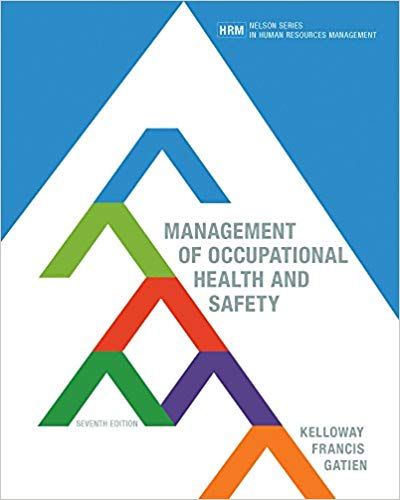
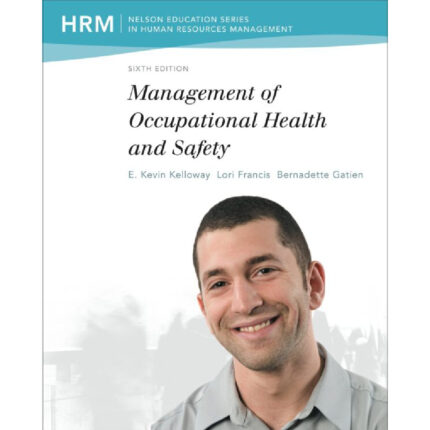
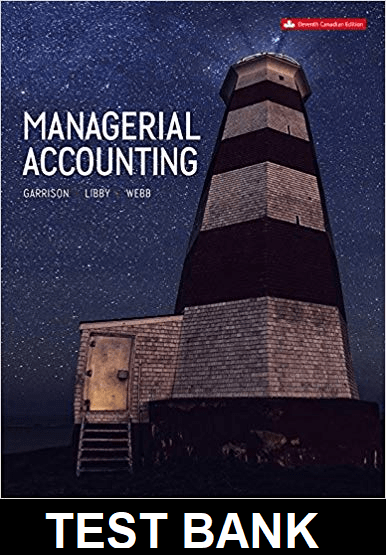


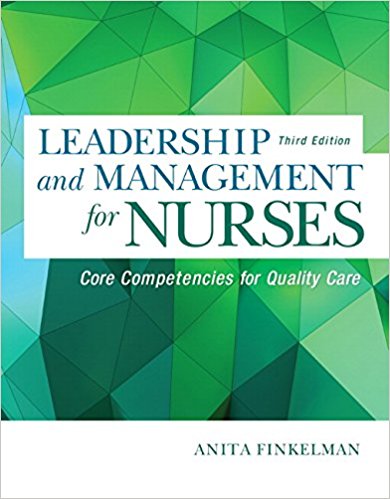
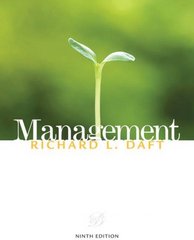

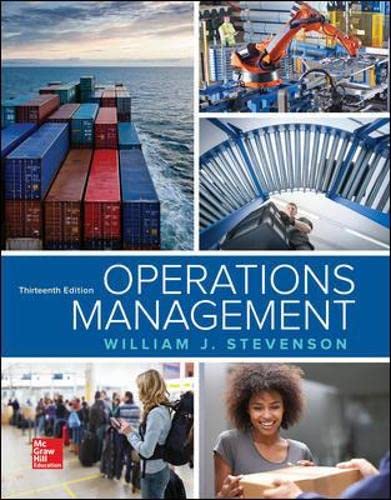

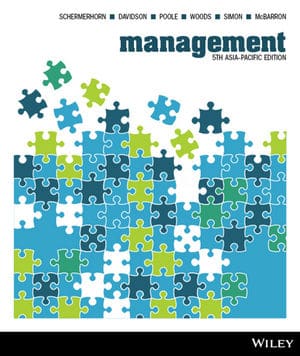


Reviews
There are no reviews yet.